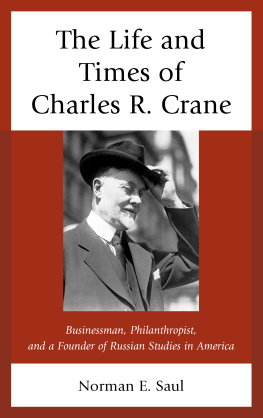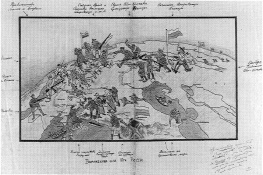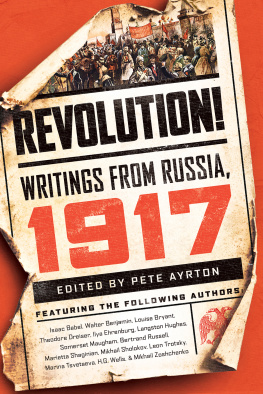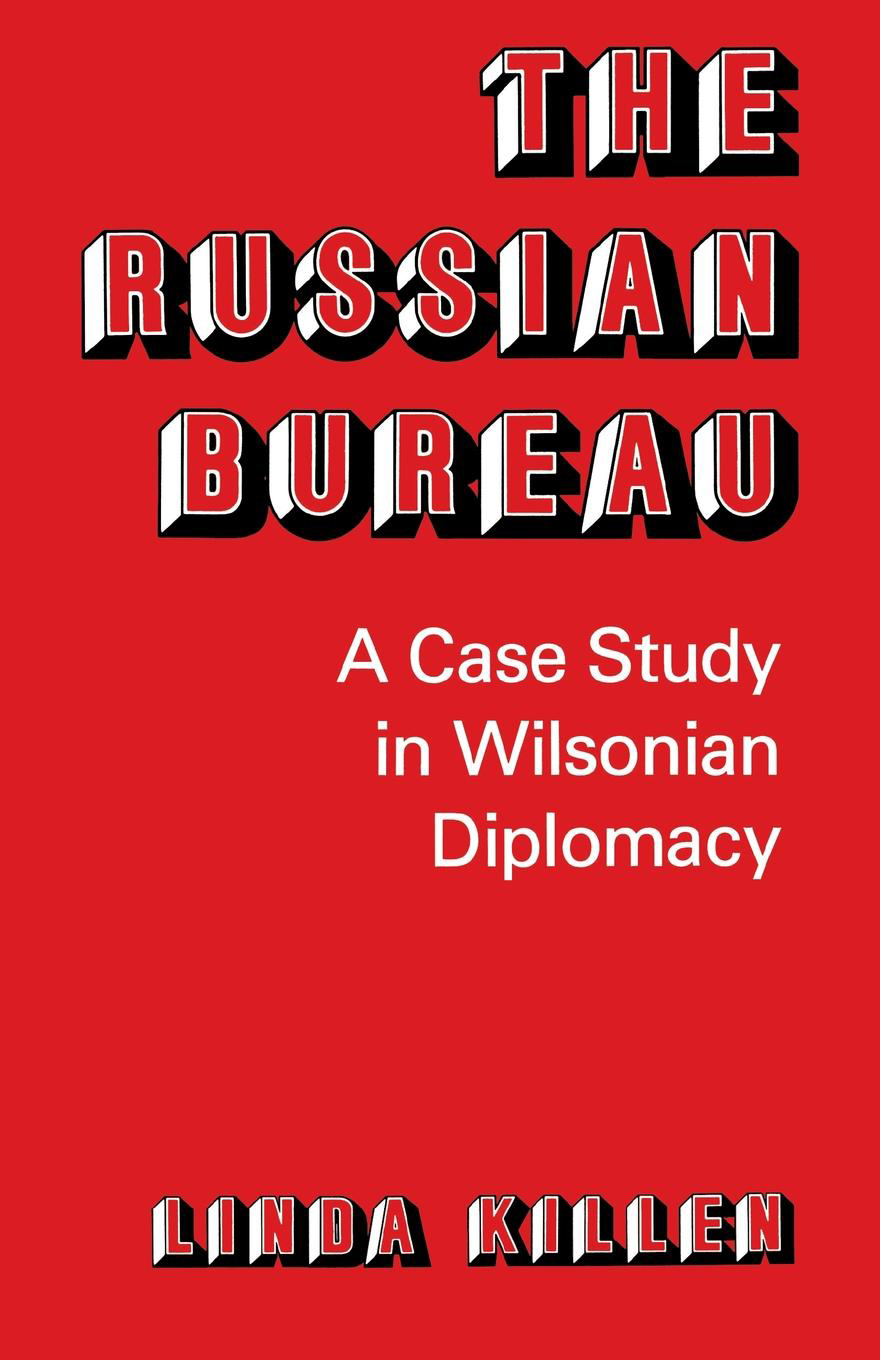Linda Killen - The Russian Bureau: A Case Study in Wilsonian Diplomacy
Here you can read online Linda Killen - The Russian Bureau: A Case Study in Wilsonian Diplomacy full text of the book (entire story) in english for free. Download pdf and epub, get meaning, cover and reviews about this ebook. year: 2014, publisher: The University Press of Kentucky, genre: Politics. Description of the work, (preface) as well as reviews are available. Best literature library LitArk.com created for fans of good reading and offers a wide selection of genres:
Romance novel
Science fiction
Adventure
Detective
Science
History
Home and family
Prose
Art
Politics
Computer
Non-fiction
Religion
Business
Children
Humor
Choose a favorite category and find really read worthwhile books. Enjoy immersion in the world of imagination, feel the emotions of the characters or learn something new for yourself, make an fascinating discovery.

- Book:The Russian Bureau: A Case Study in Wilsonian Diplomacy
- Author:
- Publisher:The University Press of Kentucky
- Genre:
- Year:2014
- Rating:3 / 5
- Favourites:Add to favourites
- Your mark:
The Russian Bureau: A Case Study in Wilsonian Diplomacy: summary, description and annotation
We offer to read an annotation, description, summary or preface (depends on what the author of the book "The Russian Bureau: A Case Study in Wilsonian Diplomacy" wrote himself). If you haven't found the necessary information about the book — write in the comments, we will try to find it.
The American position on Russia during the First World War was defined by the same idealism that guided our relations with other countries. Woodrow Wilson and American leaders had hailed the Revolution of March 1917 as an expression of the true spirit of Russia, a harbinger of democracy. The Bolshevik revolt and the civil war that followed were, in their eyes, only temporary disturbances. Still, the growth of the new democracy would only prosper if the Russians could restore order to their beleaguered land.
In this book Linda Killen examines a hitherto neglected instrument of American policy in Russia-the Russian Bureau of the War Trade Board. With support from the administration, the bureau was established by Congress in October 1918 as a public corporation with a fund of $5 million to facilitate trade between Russia and America, for government and business leaders thought that the Russians could be helped to resolve their problems with the income from trade. The bureau was also to assist in two areas essential to trade, stabilizing the currency and restoring the transportation system. With the signing of the peace treaty, however, the bureau as a wartime agency was dissolved in June 1919 and its work assigned to the State Department.
As one of the first American attempts at foreign aid, the bureaus program was necessarily tentative, but Linda Killen shows that, as a specific case, the bureau offers an instructive example. It reveals a widespread ignorance of Russian affairs both in government and in business circles. More importantly, it demonstrates the fatal weakness of an idealistic policy that was blind to political realities. Perhaps, the bureaus most tangible accomplishment came when its $5 million were finally transferred to the Trans-Siberian Railroad to purchase new equipment. Yet, ironically, it was the hated Bolsheviks who benefitted from this aid when they seized Siberia and used the new equipment to restore the rail line to efficient operation.
This detailed study of the Russian Bureau sheds new light on a turbulent and tragic area of American diplomacy. Unfortunately, the democratic Russia that Wilson sought to help may never have existed except in his mind and never came to be.
Linda Killen: author's other books
Who wrote The Russian Bureau: A Case Study in Wilsonian Diplomacy? Find out the surname, the name of the author of the book and a list of all author's works by series.











